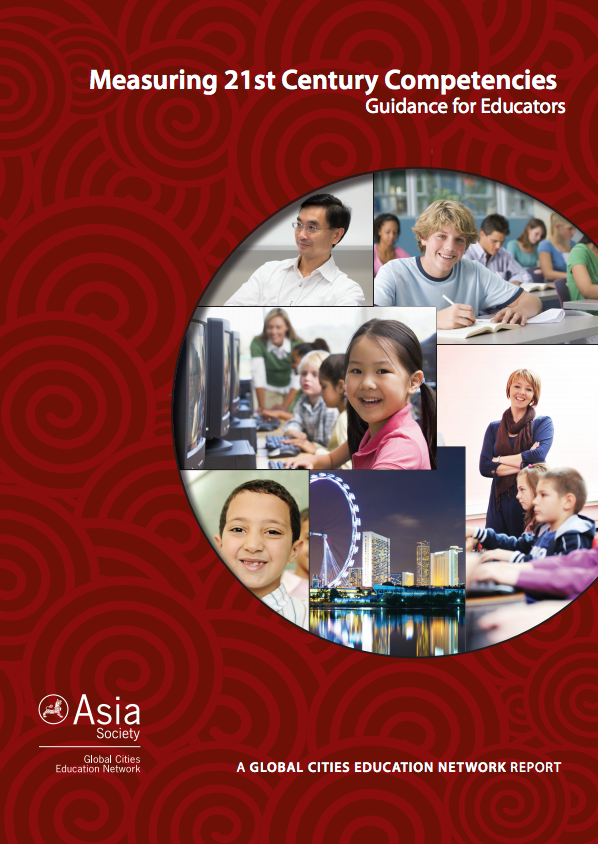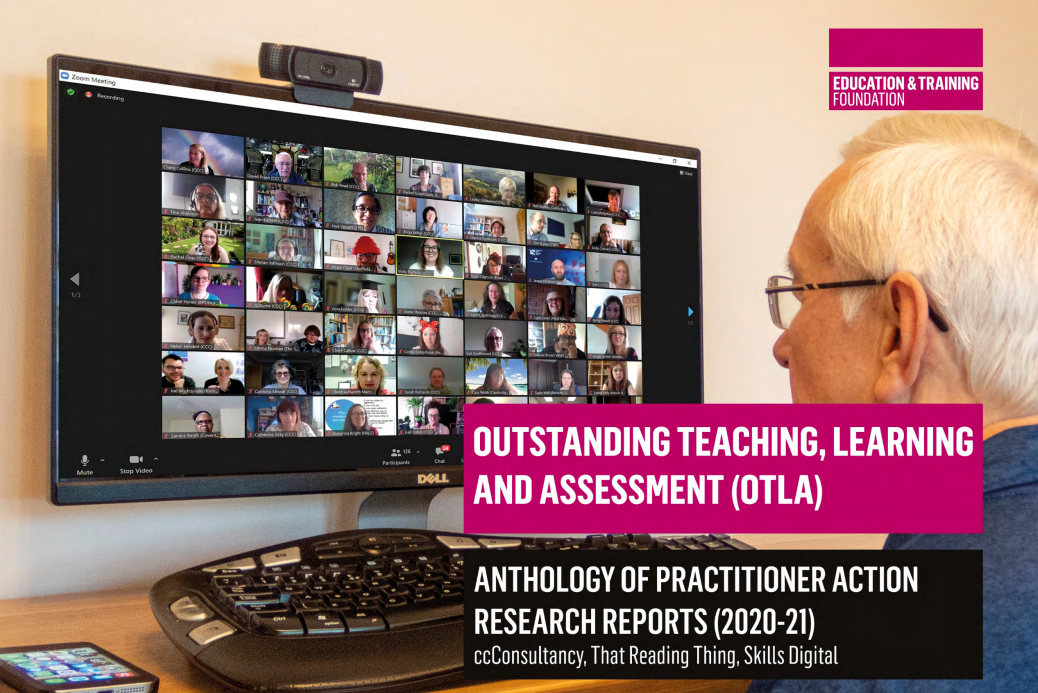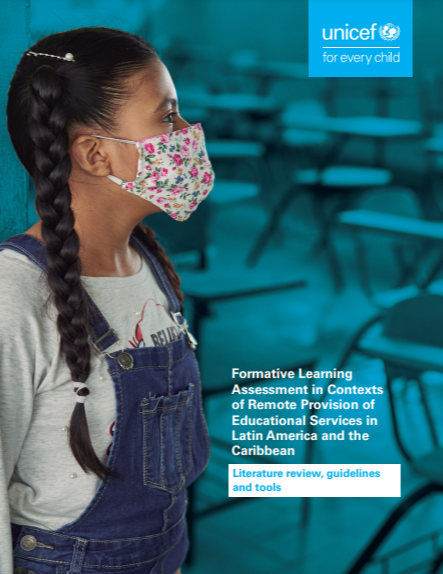
Intermediate
Measuring 21st Century Competencies Guidance for Educators
2013
Measuring 21st Century Competencies Guidance for Educators
2013
Measuring 21st Century Competencies Guidance for Educators
MORE DOCUMENTS
-
ResourcesContent Type: DocumentsCreated: 2021
-
ResourcesContent Type: DocumentsCreated:
-
ResourcesContent Type: DocumentsCreated: 2021




